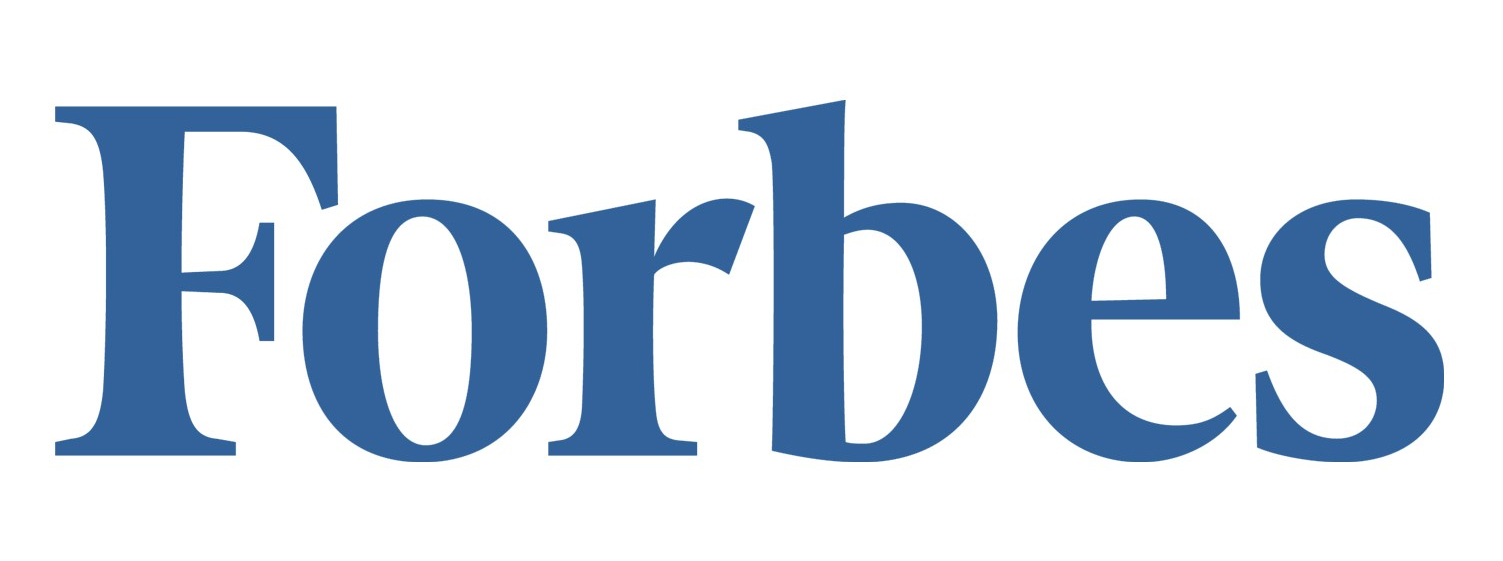Initially, food labels emerged as a safety precaution with the Food and Drug Administration (FDA) enforcing The Food and Drugs Act of 1906 to support concerns over food misbranding. As consumers became increasingly worried about what they were eating, the laws expanded to include additional information (such as nutritional facts) and both government and NGO-based certifications were added to further help consumers differentiate between products. While most of these certifications (e.g. Organic and Fair Trade) cover a wide variety of products and production methods, a new certification has emerged focusing on a single chemical: Glyphosate.
Glyphosate acts as the main ingredient in Monsanto’s Roundup weed killer and is the most heavily used pesticide in the world. As a “probable human carcinogen” according to the World Health Organization (and now listed as a known carcinogen under Proposition 65 in California), glyphosate is on the cusp of becoming a household name that consumers are trying to avoid.
Despite being prohibited in organic crop production, glyphosate has made its way into the organic food supply, especially in oat-based foods like oatmeal, granola, snack bars and breakfast cereals. Due to spray drift, soil contamination, and malpractice, organic brands have begun to test and 3rd Party-Certify their products are pesticide residue-free. “Glyphosate is used to dry out (desiccate) crops a few weeks or days before harvest. Food brands can request that farmers in their supply chain do not use glyphosate as a desiccant and in this way vastly reduce the possibility of glyphosate residues in their products,” said Henry Rowlands, Director of The Detox Project, the 3rd party Glyphosate-Free certifier.
Henry Rowlands began testing for glyphosate in 2015. His original idea was to help the public test their urine and hair for glyphosate and other pesticides. As concern grew among consumers about how the pesticides were getting into their bodies in the first place, he realized that no one was regularly testing the food supply for glyphosate residues.
Rowlands used gold standard methods in FDA registered laboratories to test various conventional, organic and GMO products and found glyphosate in a number of big brands in all categories. News spreads and consumers concerns about contamination increased to the point where “numerous brands approached The Detox Project to get their products tested,” prompting Rowlands to take The Detox Project to the next level and create a Glyphosate Residue-Free Certification in 2017.
Now, consumer products companies and raw material suppliers can boost consumer confidence and independently prove their products have no traceable amount of Glyphosate pesticide. The Glyphosate Residue-Free Certification costs $1,472 per year in total for all products.
In the last year, Rowlands has helped 17 brands become fully certified (and over 30 are currently going through the certification process). It has also attracted celebrity attention. Greg Fleishman, Co-Founder & President/COO of Foodstirs, the “certifiably cleanest baking mix brand on the market,” has worked alongside his co-founders, Galit Laibow and actress Sarah Michelle Gellar to help make Foodstirs the first nationally distributed organic food brand to achieve a Glyphosate Residue-Free Certification. “We recognize that the next thing consumers will be concerned with is glyphosate-free,” Said Fleishman. “We created Foodstirs behind a mission that is not only driven by fun, but also peace of mind that the ones you love around you are eating clean food. It was critical to us that our products be tested and certified.”
As Foodstirs pioneers Glyphosate Residue-Free certification out of the baking category and awareness builds, they expect many other brands to activate their own participation in GRF certification through The Detox Project. “This will provide the much-desired field-to-package transparency that consumers are demanding and the peace of mind that comes with it,” they explained. “This will be a significant win for brands as they work to clean up the food system and our planet.” In the meantime, for food brands looking to make a name in the natural, eco-friendly and nontoxic spaces – this new certification provides an important way to differentiate and market themselves as pure.
